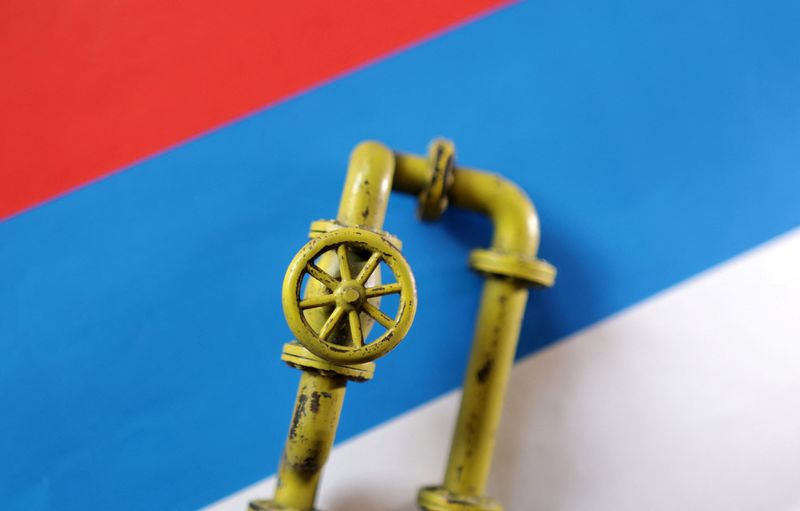By Vladimir Soldatkin
MOSCOW (Reuters) -Russia has made some changes to its fuel export ban including lifting restrictions on fuel used as bunkering for some vessels and on diesel with high sulphur content, a government document showed just days after Moscow first announced the restrictions.
Russia also lifted restrictions on the export of fuel already accepted for export by the Russian Railways and Transneft before the initial ban had been announced last week.
The indefinite Russian ban on all types of gasoline and high-quality diesel remains in place, according to the document dated Sept. 23. Analysts expect it to be short-lived and completely lifted once the harvest is over next month.
Russia announced on Thursday that it had temporarily banned exports of gasoline and diesel to all countries outside a circle of four ex-Soviet states with immediate effect in order to stabilise the domestic market.
Wholesale prices for diesel and gasoline sharply declined last week in Russia. On Monday, they slowed down the decline, almost halting to a stop.
Russia in recent months has suffered shortages of gasoline and diesel. Wholesale fuel prices have spiked, although retail prices are capped to try to curb them in line with official inflation.
The crunch has been especially painful in some parts of Russia's southern breadbasket, where fuel is crucial for gathering the harvest. A serious crisis could be awkward for the Kremlin as a presidential election looms in March.

Russia had already cut its seaborne diesel and gasoil exports by nearly 30% to about 1.7 million metric tons in the first 20 days of September compared to the same period in August, according to traders and LSEG data.
Russia exported 4.817 million tons of gasoline and almost 35 million tons of diesel last year.